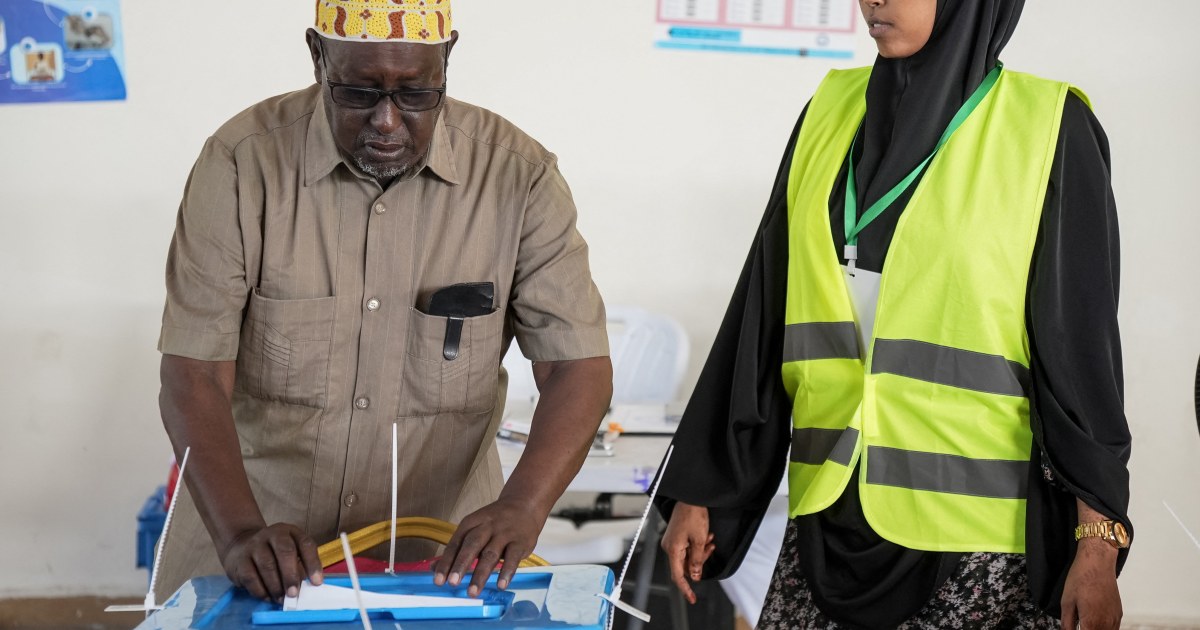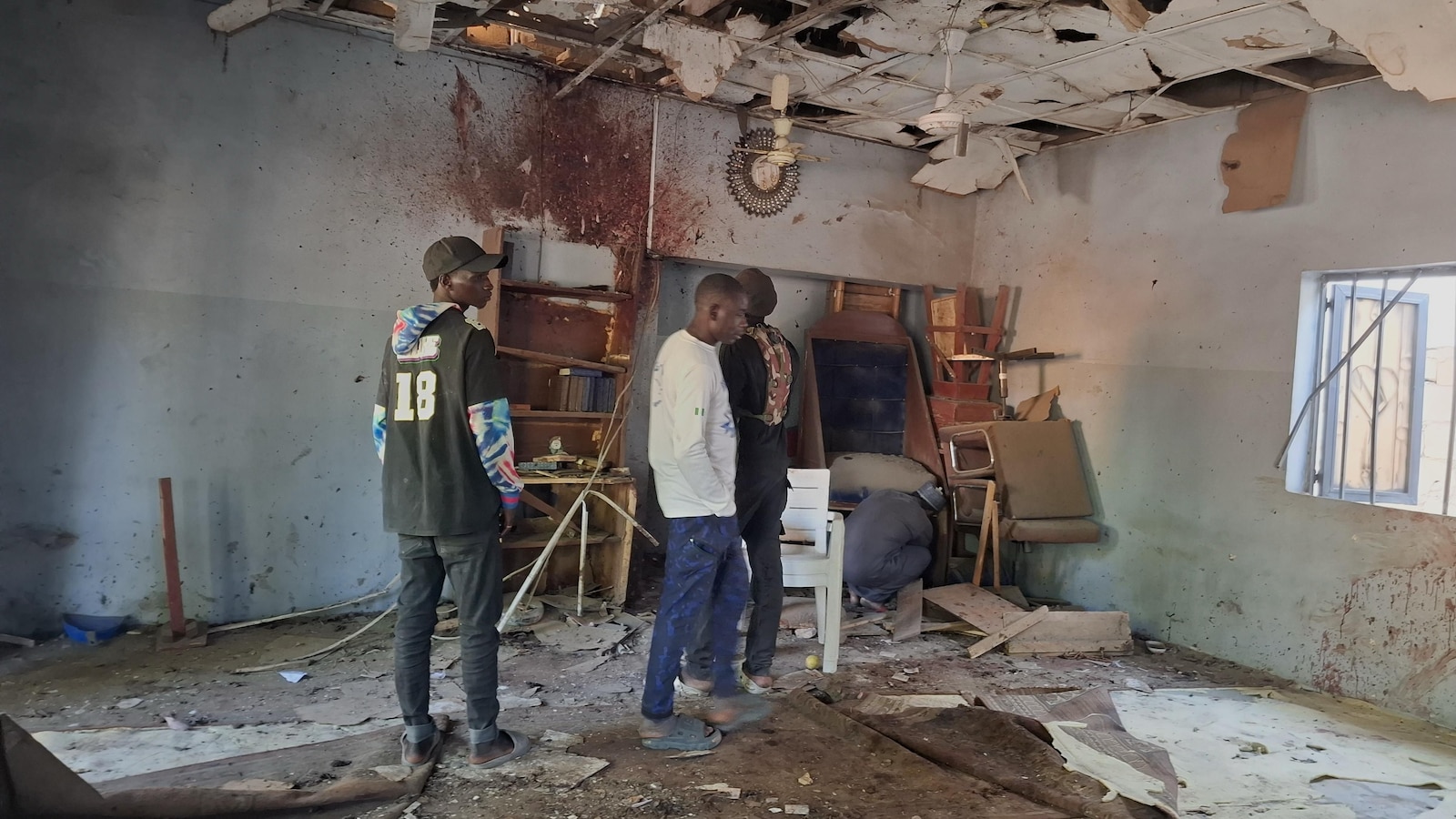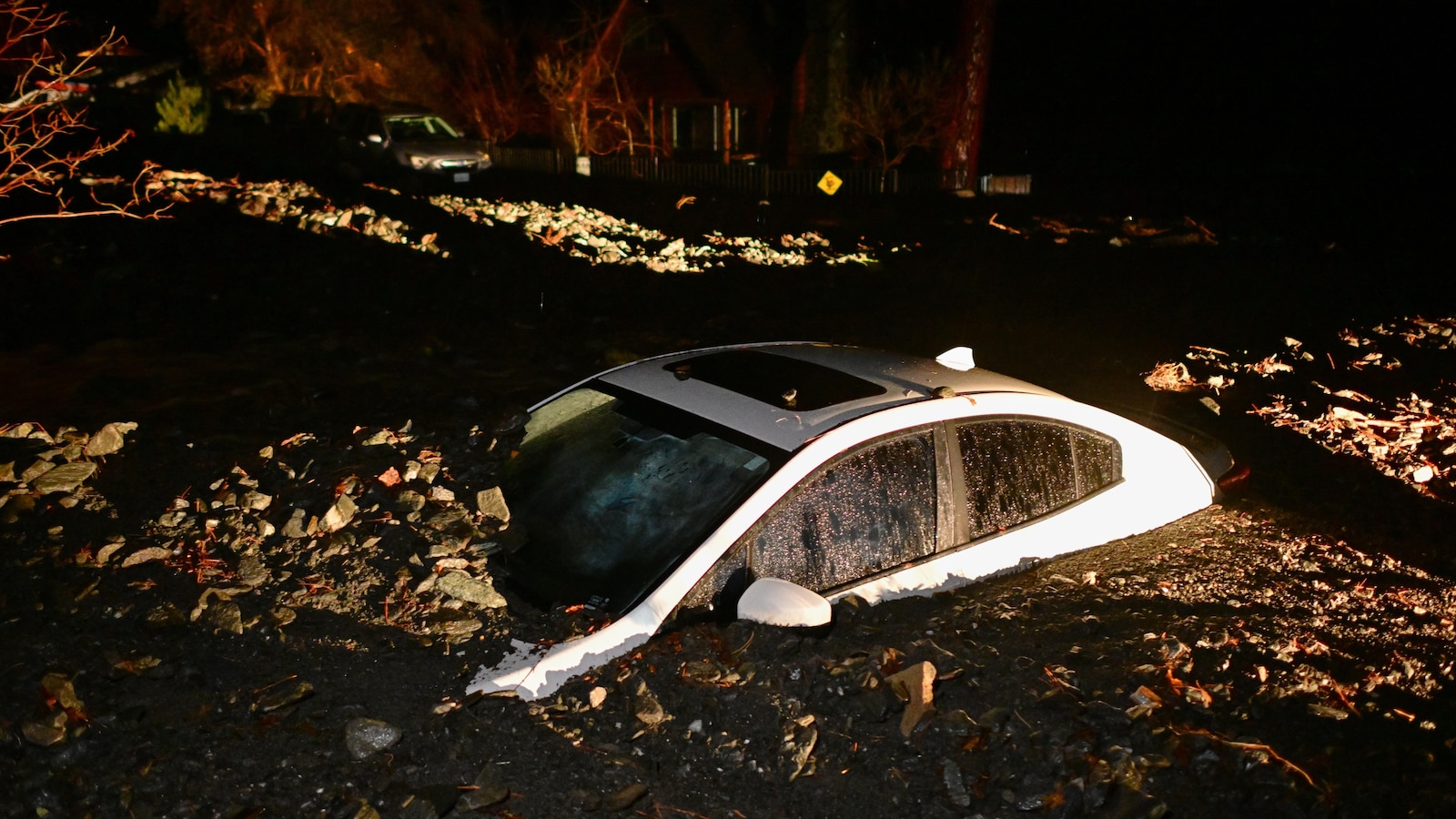[File…
Category: 2. World
-

After two years, Bethlehem brings back it Christmas celebrations – NPR
- After two years, Bethlehem brings back it Christmas celebrations NPR
- LIVE: Sound of Israel’s bombs, hum of drones drown out Christmas in Gaza Al Jazeera
- Gaza’s Christian minority clings to holiday spirit amid cease-fire | Daily Sabah Daily…
Continue Reading
-
China Blasts US for Report That ‘Sows Discord’ With India – Bloomberg.com
- China Blasts US for Report That ‘Sows Discord’ With India Bloomberg.com
- China accuses US of trying to thwart improved China-India ties Reuters
- China Supplied 20 J-10C Jets to Pakistan: Pentagon Report Deccan Herald
- China wants military bases…
Continue Reading
-

Somalis vote in the first one-person, one-vote local election in decades
MOGADISHU, Somalia — Residents of Somalia’s capital are set to vote Thursday in a controversial local election that marks the country’s first-ever one-person, one-vote poll since 1969. Analysts say it is a major departure from clan-based…
Continue Reading
-

DOJ says it may need a ‘few more weeks’ to finish releasing Epstein files : NPR
This undated photo released by the U.S. Department of Justice shows Jeffrey Epstein and Ghislaine Maxwell.
Continue Reading
Blast at mosque in Nigeria kills 5 and injures more than 30 in apparent suicide attack
LAGOS, Nigeria — A bomb exploded during prayers at a mosque in Nigeria’s northeastern city of Maiduguri on Wednesday night, killing five people in what police described as a likely suicide attack.
Police said that 35 people were also injured…
Continue Reading

Rescue mission helicopter crashes on Mount Kilimanjaro, killing all 5 on board
Five people have died after a helicopter crashed on Africa’s highest mountain, Mount Kilimanjaro, in Tanzania
DAR ES SALAAM, Tanzania — Five people have died after a helicopter crashed on Africa’s highest mountain, Mount Kilimanjaro, in…
Continue Reading
Israel strongly rejects the statement by foreign countries regarding the Cabinet decision on settlements in Judea and Samaria – www.gov.il
- Israel strongly rejects the statement by foreign countries regarding the Cabinet decision on settlements in Judea and Samaria www.gov.il
- 14 countries, including Britain, Canada and France, condemn new settlements in occupied West Bank Dawn
Continue Reading

A Powerball player in Arkansas has won a $1.817 billion lottery jackpot
A Powerball player in Arkansas won a $1.817 billion jackpot in Wednesday’s Christmas Eve drawing, ending the lottery game’s three-month stretch without a top-prize winner.
The winning numbers were 04, 25,…
Continue Reading

Storm system threatens more rainfall Christmas Day over waterlogged Southern California
LOS ANGELES — Rain from a powerful winter storm that swept across Southern California has begun to taper off, but another storm system was on the horizon for Christmas Day with showers and possible thunderstorms.
Forecasters said Southern…
Continue Reading
